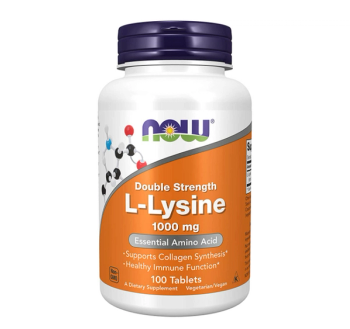
L-Lysine is a protein source that supports collagen synthesis.

L-Lysine is a protein source that supports collagen synthesis.
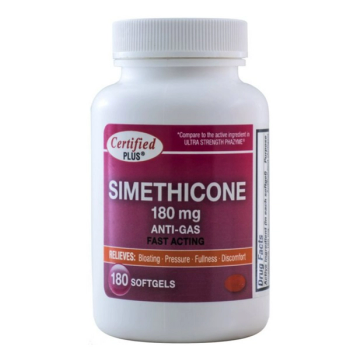
Simethicone helps with relief of gas, pressure, and bloating.

A variety of cannabidiol (CBD) products incorrectly listed their CBD and tetrahydrocannabinol content, in addition to making therapeutic and cosmetic claims without FDA approval.

This month's featured products include prenatal supplements, an intensive hydrating serum, and more.

Participants took about 50 times higher than the recommended daily allowance every day for a month, investigators say
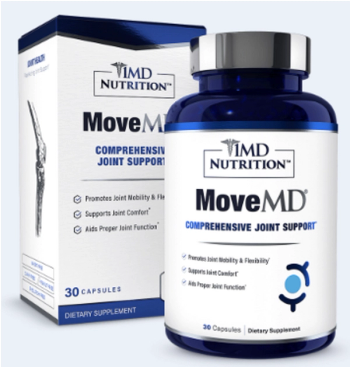
MoveMD is intended for joint pain and discomfort.
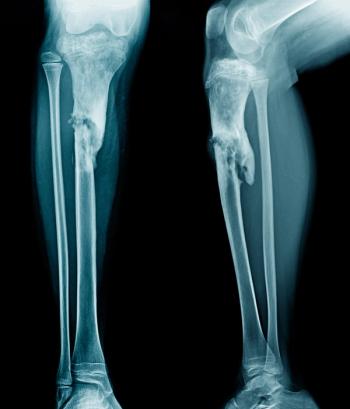
Pharmacists can recommend calcium, smoking cessation products, and vitamin D to stave off this common condition.

Hypervitaminosis D, a condition characterized by elevated vitamin D levels, is associated with potential serious health issues, such as psychosis, abdominal pain, vomiting, pancreatitis, and renal failure.
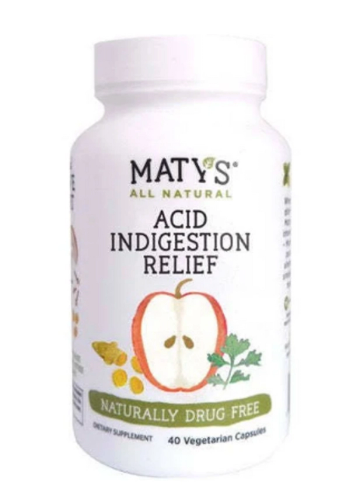
Maty's All Natural Acid and Indigestion Relief is an alternative to traditional antacid tablets to relieve indigestion and heartburn.
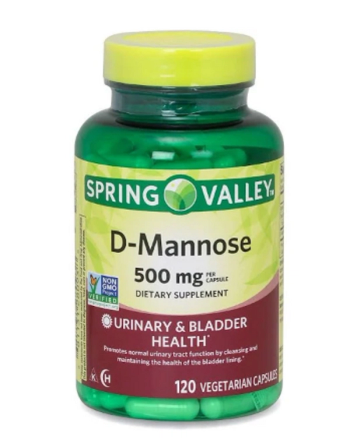
D-Mannose can aid in maintaining urinary and bladder health.

Uqora Target flushes the urinary tract to help avoid urinary tract infections.

Over a period of 10 years, substituting antioxidants lutein and zeaxanthin for beta-carotene was found to be more effective at lowering the risk of AMD progression.
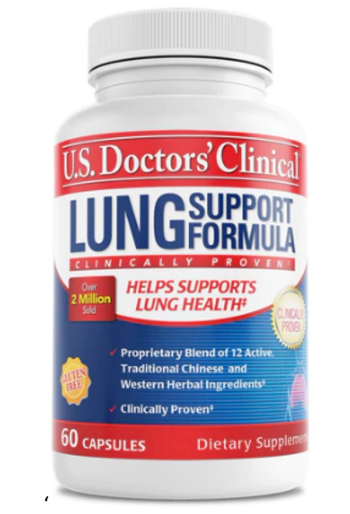
Lung Support Formula is comprised of natural extracts to help promote lung health.

Kerasal helps to reduce discoloration and thickness of nails and to hydrate and exfoliate brittle nails.

Approximately one-third of parents said their children are picky, and another third said they don’t think their children eat enough fruits and vegetables.

IBgard is a dietary supplement that helps to manage the symptoms of irritable bowel syndrome.

Investigators analyze the results of 71 clinical trials from around the world that were published between 1987 and 2020.
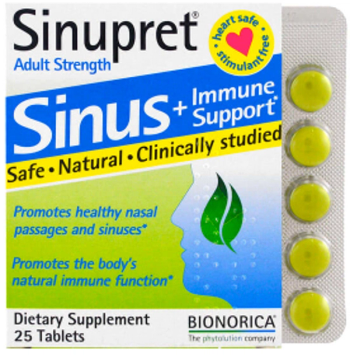
Sinupret is a natural product that may help to promote strong nasal passages and sinuses along with overall immune function.
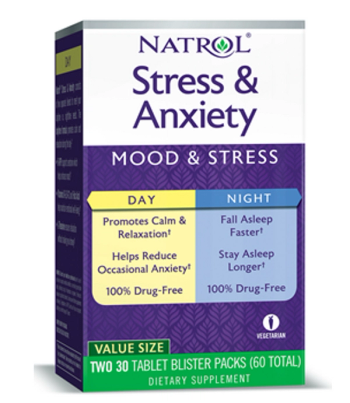
Natrol Stress & Anxiety helps decrease the effects of stress and anxiety to aid in establishing normal sleep patterns.

Analysis provides new understanding of the effect of probiotics on the tiniest of infants in the neonatal intensive care.

Without sufficient vitamin D exposure, bones can become thin, brittle, or misshapen; however, excessive amounts of vitamin D are toxic.

This month's product news features beet gummies, nerve relief, and acne blemish patches.

Consumers using herbal supplements need to be aware of possible adverse effects, respect dosing recommendations, and to consider possible interactions with other medications.
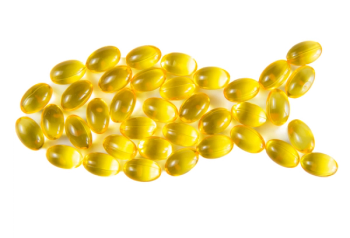
Many patients turn to fish oil supplements to gain the benefits of omega-3 fatty acids, but there are important considerations pharmacists should be aware of before recommending fish oil supplements to their customers.
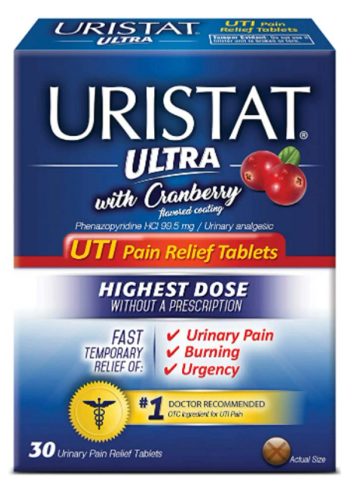
Uristat helps to alleviate symptoms caused by urinary tract infection (UTI), including pain, burning, and needing to urinate urgently.